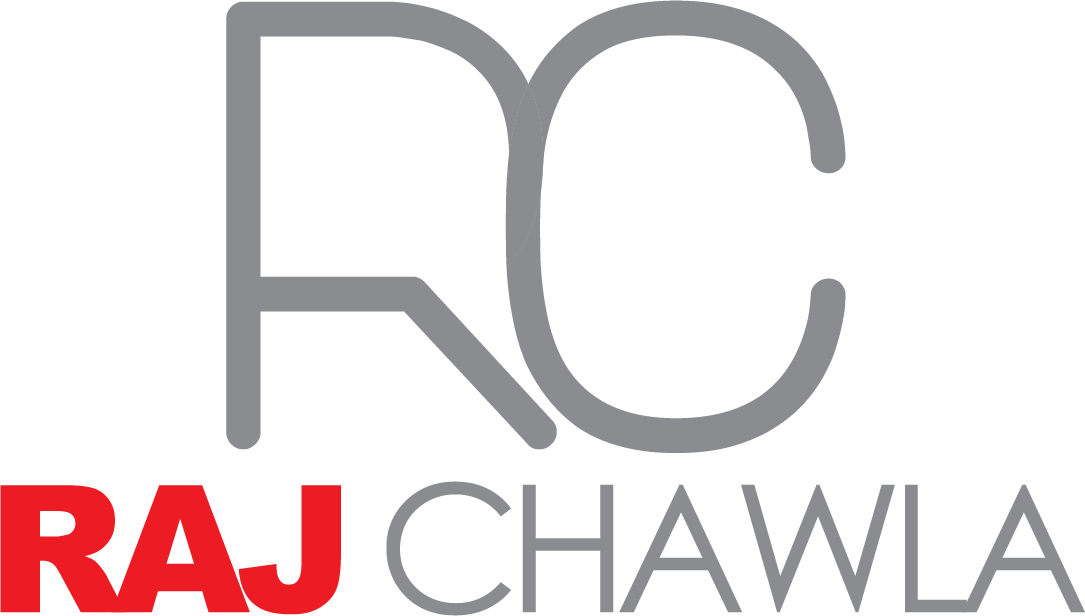Government emphasises spending to bolster economic recovery underway. IN BRIEF $106.6 billion deficit with net debt to peak at $980.6...
Read MoreBuying a house with your Superannuation is possible, but there are some things you need to understand before doing so.
There are actually two parts to the question, ‘Can I buy a house with my Superannuation?’.
There is buying a house “to live in” as your home and then there is buying a house “as an investment property”, or maybe even a holiday house.
Depending on what you are trying to achieve, the answer may differ.
If you plan on using your Superannuation to purchase a house to “live in”, you must first withdraw however much you need from your Super account into your personal bank account, then use that money to buy a house.
You are unable to purchase a house to “live in”, if that house is owned within your Super account, even if you have a Self Managed Superannuation Fund.
So, how do you withdraw your Super? In order to have full access to your Superannuation and withdraw into your personal bank account, you must first meet a Superannuation condition of release. The most common forms of full conditions of release are ‘retirement’ and ‘reaching age 65’.
Retirement can include stopping work after reaching your preservation age with no intention of returning to full time or part time work, or having an employment arrangement come to an end after age 60 but reaching age 65 is self-explanatory.
You are able to use your Superannuation savings to buy an investment property or rental property; however, there are strict guidelines on how you must do this.
In order to buy a house or commercial property for investment using your Superannuation, you would need to setup a Self Managed Superannuation Fund, as most other Superannuation funds have limited investment options that generally do not include direct property investments.
Furthermore, you need to ensure that the trust deed of the SMSF allows it, as well as the SMSFs investment strategy.
A SMSF is a Superannuation fund managed by you, whereby you are the trustee of the Super fund. There can be large costs associated in setting up and ongoing management. Consider the myriad of administrative and legal responsibilities associated; so this is something you should research thoroughly before getting into.
Importantly, a property owned within a SMSF is unable to be used for personal purposes, unless it is business real property, which can be rented to your business, provided it is done at arm’s length and for the benefit of the members of the SMSF. Again, purchasing business real property within a SMSF has many rules and limitations, so you should research thoroughly and obtain professional advice before exploring this option.
You are unable to use your Superannuation to buy your first home to live in, unless you have met a full Superannuation condition of release, as noted above.
However, you can use the First Home Super Saver (FHSS) to save towards your home deposit. This is done by making voluntary concessional or voluntary non-concessional contributions into your Super account, then applying for a release and withdrawing up to $15,000 plus earnings from any one year or $30,000 plus earnings across all years.
Voluntary concessional contributions include salary sacrifice contributions and personal concessional contributions. Voluntary non-concessional contributions are after-tax personal contributions.
The benefit of the First Home Super Saver Scheme is that voluntary concessional contributions can reduce your personal income tax. Also, both types of contributions, when invested within Super, will have earnings taxed at a maximum of 15%, which may be lower than your individual tax rate, allowing you to save for your deposit sooner.
Make sure you understand the FHSS rules in full before using it to save towards your first home.
Government emphasises spending to bolster economic recovery underway. IN BRIEF $106.6 billion deficit with net debt to peak at $980.6...
Read MoreRegardless of how far off retirement is for you, it could be beneficial to regularly check that your finances are...
Read MoreThe amount of superannuation you should have is a culmination of the contributions made into your super account, fees deducted...
Read More